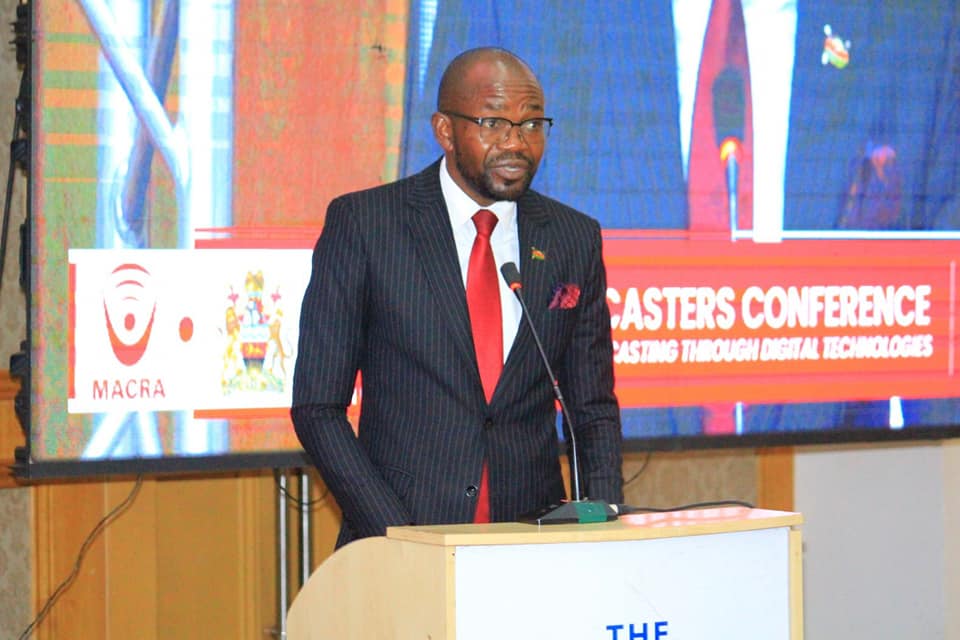Digital transformation rolls out
Police in the country will in the next three years be able to access criminals’ records just by viewing their fingerprints, thanks to the Inclusive Digital Transformation for Malawi (IDT4M) project that has been rolled out.
Through the project, Malawi is hoping to have a fully-fledged digital economy with a national identification system that is interlinked with a wide range of data sets in both public and private sectors.

The system will also enable citizens to access services and transact business on digital platforms including renewing national IDs online, saving time and costs.
The three-year IDT4M project is supported by the United Nations Development Programme (UNDP), European Union (EU) and the Malawi Government at a cost of $15 million. As at now, only half of the required funding has been mobilised.
Minister of Information and Digitisation Moses Kunkuyu, said the National ID programme was the first phase to have national identification data base and the IDT4M is coming with a full package of the digital transformation, building on the national identification system.
But with a population that only has 20 percent accessing Internet, this needs shifting a huge section of the population into the digital space and that requires huge investments to put in place the needed infrastructure.
Minister of Finance and Economic Affairs Simplex Chithyola Banda, admits the need to mobilise resources for infrastructure development, subsidies for ICT services and public awareness to harness opportunities that the IDT4M brings.
“We already have the national digital transformation framework which is the starting point and then we will lobby for support from our partners to help us in this transformation with resources,” said Chithyola Banda at the launch of the project in Lilongwe on Thursday.
Digitising public services with interlinked data platforms comes with a wide range of benefits, including speedy service delivery, convenience, low cost and efficiency, according to experts at the launch that had a panel discussion about digital transformation.
“In the context of Malawi, a holistic approach to include digital transformation is essential,” says Febella Frost, UNDP representative.
“Through the IDT4M project, we have an opportunity to address challenges, capitalise on strengths, and foster a society where every citizen can thrive in the digital age,” she added.
Full digital transformation will potentially save $7 million on social benefits, up to $5 per financial transaction, $100 million in public administration, $27 million in agriculture and $7 million in conducting general elections, according to a UNDP document.
The project will digitise national identity cards to enable facilities such as facial recognition, biometric authentication, digital signature, decentralised identity, digital identification of undocumented and unbanked citizens.
Through partners with key stakeholders that include National Registration Bureau, e-Government, Malawi Communications Regulatory Authority, private sector, civil society organisations and universities, IDT4M aims to foster a digitally-empowered society in Malawi, according to a statement on the project.





